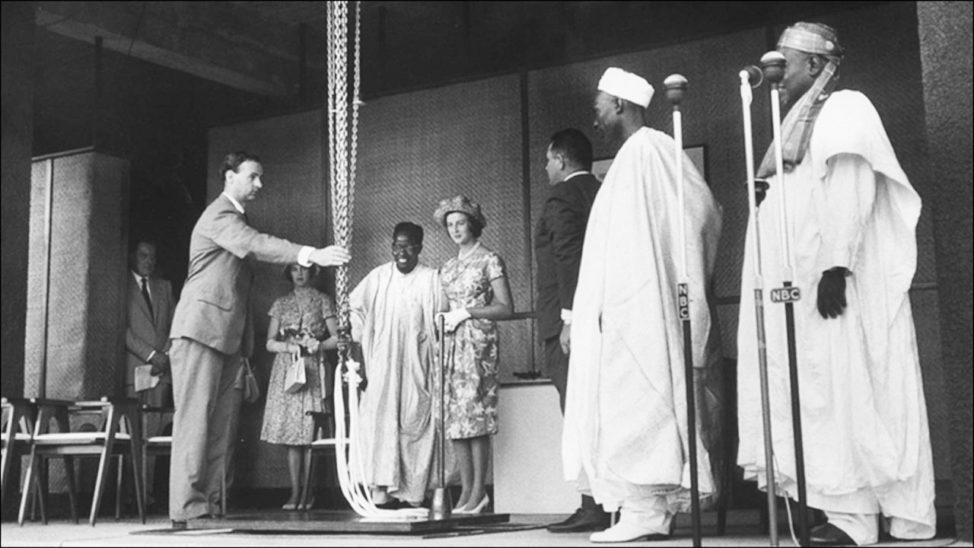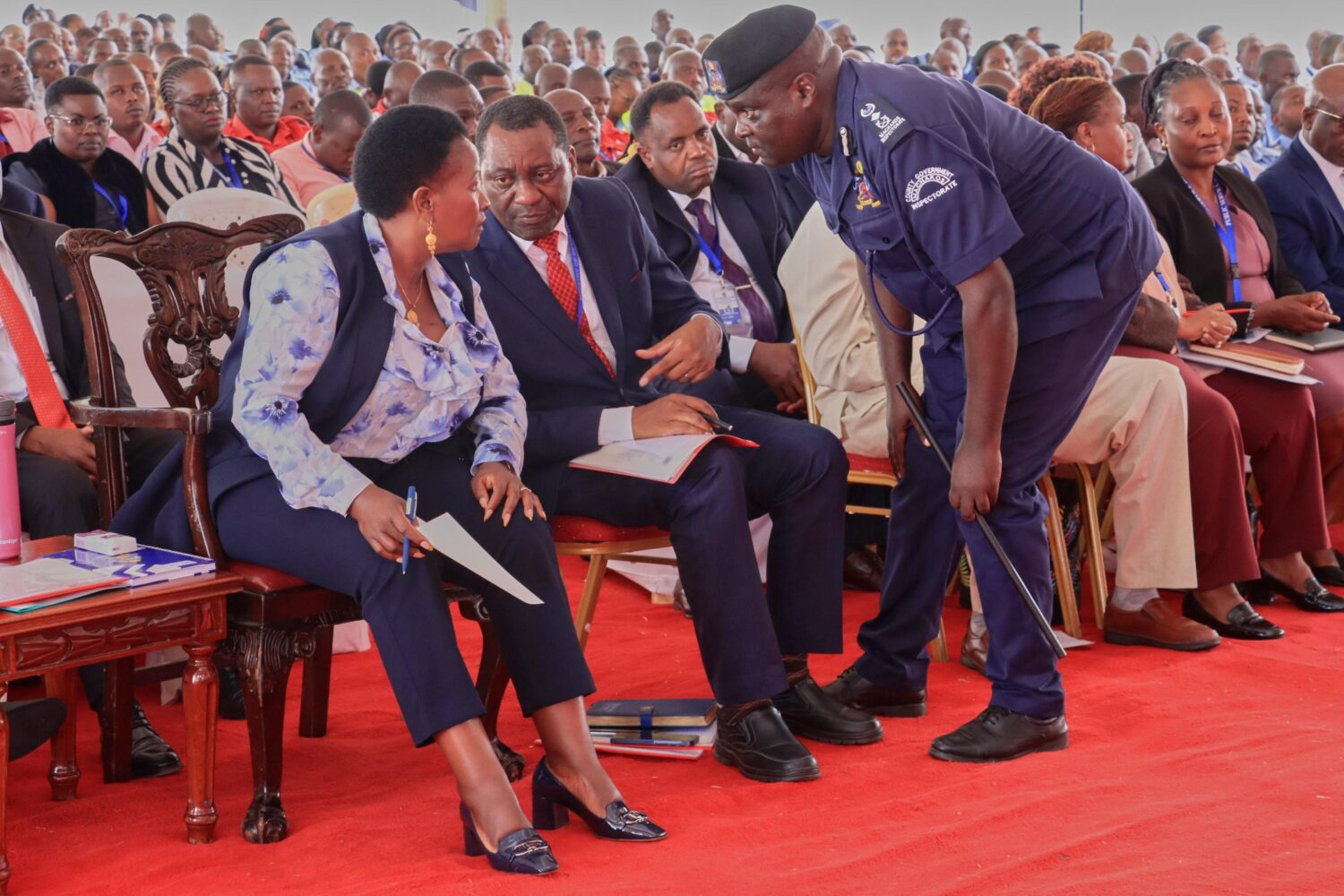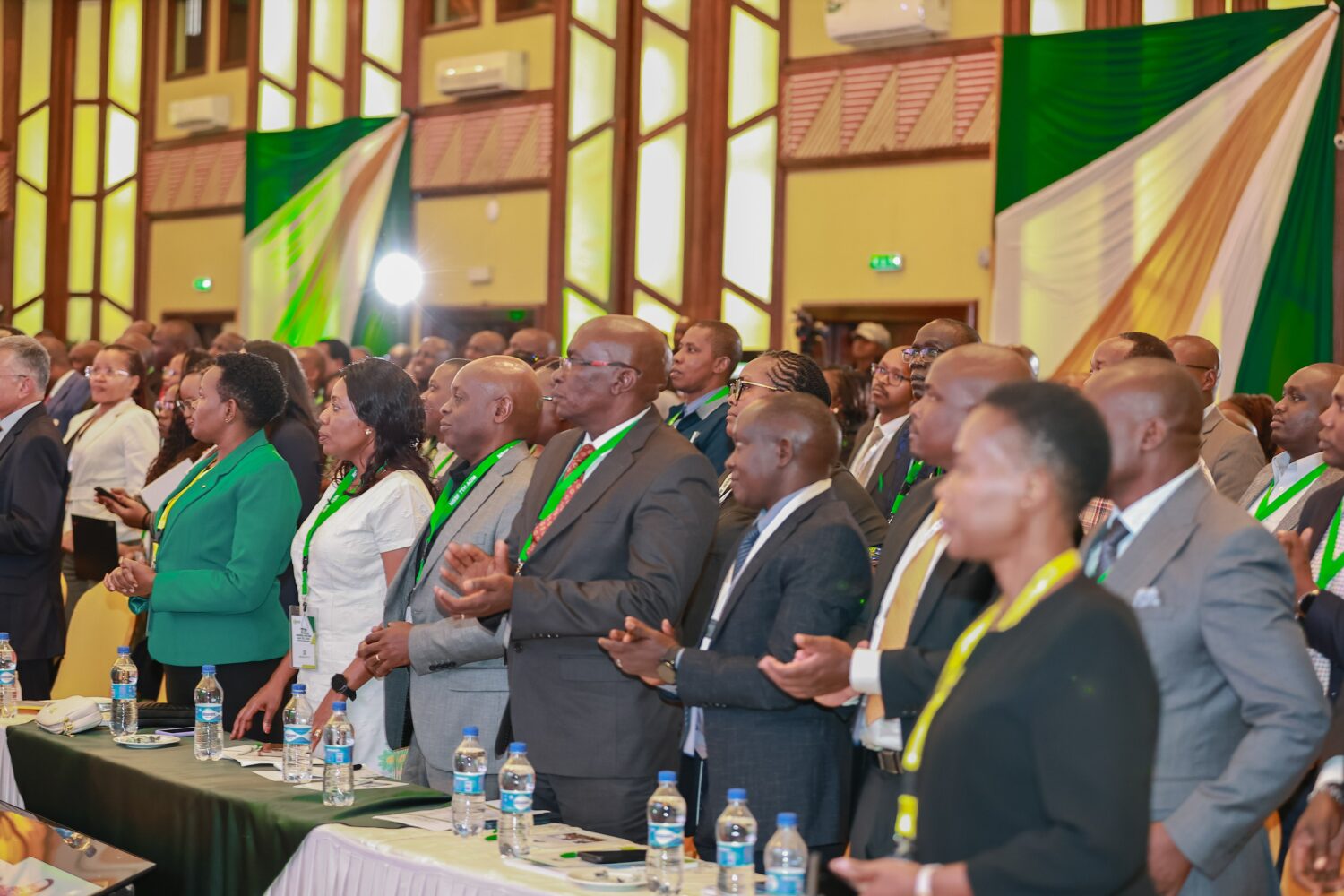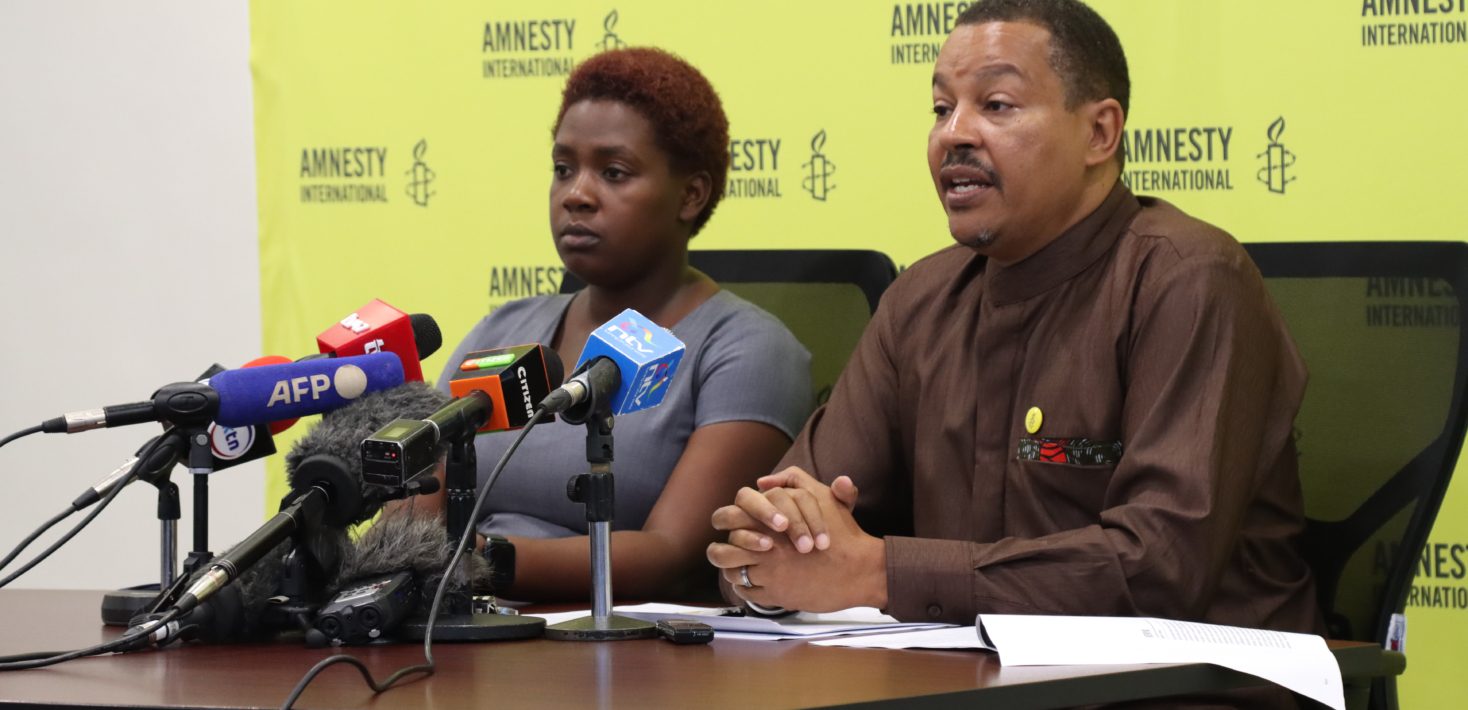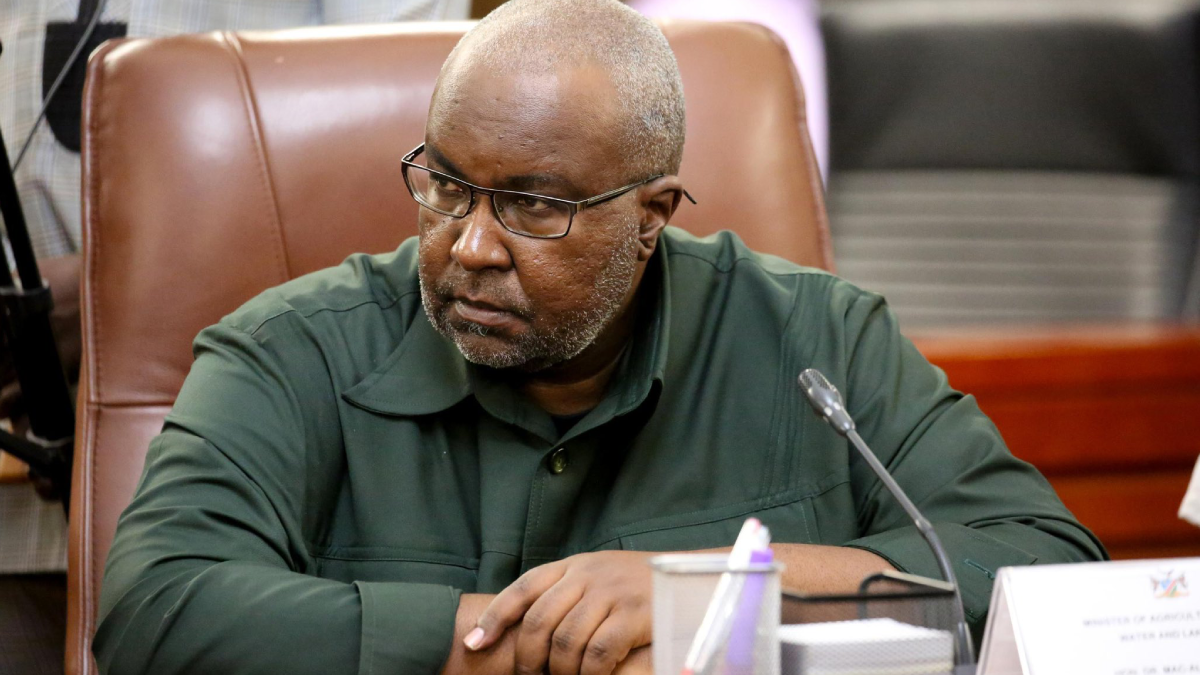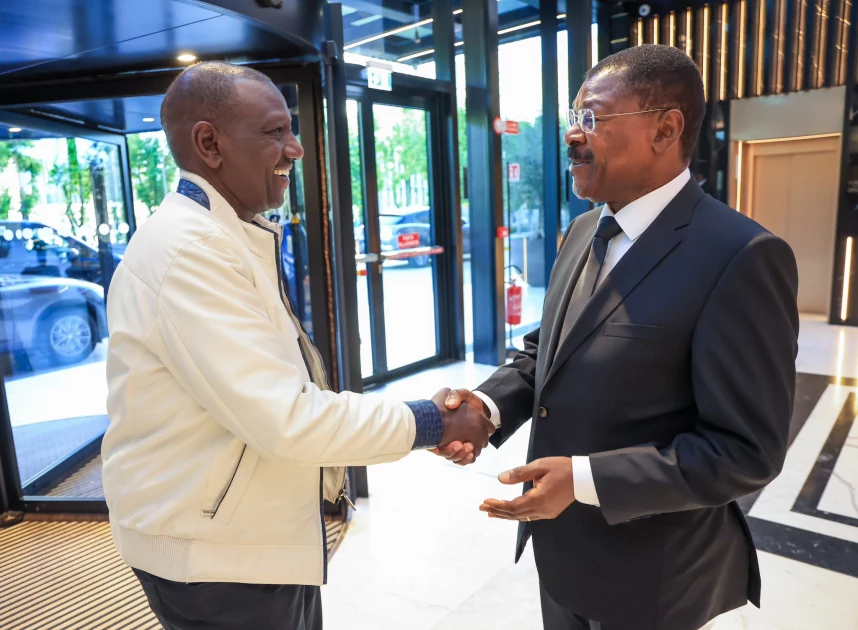In the introductory part of this serial, I focused on power as an appropriate analytical variable for grappling with the dynamics of Nigerian politics. As referenced in the introduction, this piece concerns the aspect of the receptacle of power, put differently, the warehouse of power. It is about the “Lugardian Architecture.” Understandably, people may want to know the meaning of this architecture. It is the structure of the state, or statecraft, put in place by the British, improved upon by the ‘inheritance elite’ in the North. And in terms of power preference, the British handed over power to the ‘Fulani’ of the North, in a more general term the ‘power elite’ in the North to implicate the embedded alliances. It is illustrative of the concept of state-nation.
As I have articulated elsewhere, “state-bearing nation refers to the strategic control of state institutions by a nationality, not necessary dominant demographically in a plural society, but capable of dictating the content and direction of state policies” (See The Nigerian Troubadour: Statehood or Nationhood? Ekpoma Journal of Social Sciences, Vol. 6, no. 3, Nov. 2019).
In his explanation of the ‘Lugardian Architecture’, Ofeimun notes its predictability, that is, “ ‘A culture of turf-control’ and ‘turf-defence’ has been evolved which thrives on the capacity to extract largesse from the South while retaining as much as possible of what is considered Northern. It so happens that what is considered Northern is not commonly shared by Northerners—whether this is viewed in terms of a common culture, religion, economic resources or political power. But it is the necessity to achieve extractions from the South that aids a common perception of the need to unionize to maintain the veto built into the colonial mandate. Unionization, which is what the concept of Arewa actually represents, is then defended along lines that require specific strategies to reduce Southern capacity for resistance to Northern domination” (See The National Question: From a ‘mere geographical expression’ to a cultural expression in Constitutionalism and National Question, Centre for Constitutionalism and Demilitarisation, 2000, pp. 69-85).


